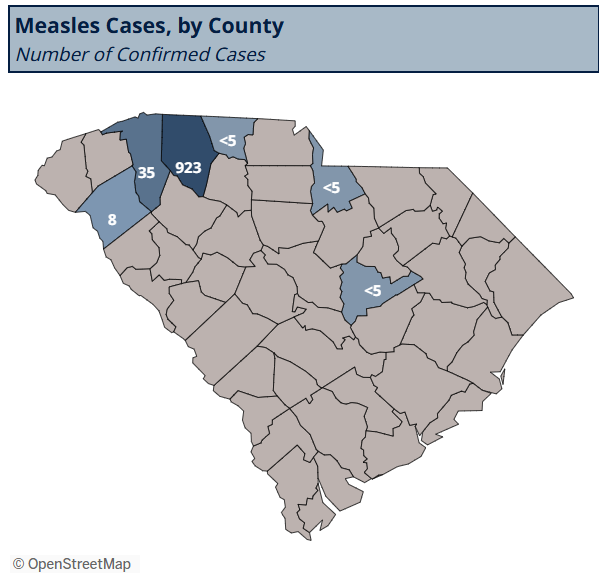Returns have become an integral part of the modern retail experience, shaping customer expectations and influencing purchasing decisions. However, for retailers, the costs of managing returns are surging, presenting significant operational and financial challenges. As highlighted by a recent report from the National Retail Federation (NRF) returns are not just a consumer convenience but a complex, costly burden for businesses.
The Scope of the Returns Problem
In 2024, the retail industry is projected to handle $890 billion in returns, representing 16.9% of total annual sales. This figure marks a steep rise compared to the 8.1% return rate in 2019. Online shopping amplifies this challenge, with return rates averaging 21% higher than in-store purchases. Seasonal trends, such as the holiday spike, add further strain, with retailers expecting a 17% increase in return rates during November and December.
The logistics of returns are expensive. From processing and restocking to shipping and potential item disposal, the costs mount quickly. For many retailers, these expenses have forced changes in return policies. A striking 66% of retailers now charge fees for at least one return method, citing rising operational and carrier shipping costs as primary reasons.
Fraud and Consumer Behavior Add Complexity
Fraudulent and abusive return practices exacerbate the financial burden. Nearly all retailers (93%) report issues with retail fraud, including schemes like wardrobing—returning worn items—or substituting non-related items in return packages. Younger consumers, particularly Gen Z and Millennials, are more likely to engage in these behaviors, prompting retailers to implement stricter policies and advanced item verification processes.
Consumer behaviors like “bracketing”—buying multiple sizes or styles with the intention of returning some—further inflate return volumes. Over half of Gen Z consumers admit to this practice, which complicates inventory management and increases shipping costs. Retailers report that 25% of transactions now include at least one bracketed item, a trend that has surged by 73% in the past year.
Navigating Consumer Expectations
Despite these challenges, customer satisfaction remains a priority. A poor return experience can deter 67% of shoppers from returning to a retailer, making seamless and convenient return options essential. Features like free returns, immediate refunds, and no-box, no-label drop-offs are increasingly popular. For instance, 84% of consumers are more likely to shop with retailers offering immediate refunds and printerless returns.
Balancing these demands with cost containment is tricky. While 76% of consumers prioritize free returns, this expectation directly clashes with the financial realities retailers face. Some companies mitigate this friction by offering free returns as part of loyalty programs, a strategy that 61% of shoppers find appealing.
Preparing for the Future
To adapt, retailers are prioritizing investments in returns technology and logistics. Nearly 70% plan to upgrade their return capabilities within six months. Advanced automation, streamlined return methods, and fraud prevention tools are among the key focus areas. By 2025, the industry aims to make returns faster, more efficient, and consumer-friendly while controlling costs.
Retailers must also address the growing sustainability concerns around returns. Although 31% of consumers express willingness to pay for eco-friendly return options, only 10% rank sustainability among their top priorities, creating a delicate balancing act for businesses.
Conclusion
The cost of returns is a multi-faceted challenge that underscores the complexities of modern retail. With $890 billion at stake, finding innovative solutions to enhance the return experience while reducing operational costs is critical. For retailers, navigating this landscape will require a mix of technological advancements, consumer education, and strategic policy adjustments.
Sign up for our Sunday Spectator. Delivered to your inbox every Sunday, with all the news from the week.









